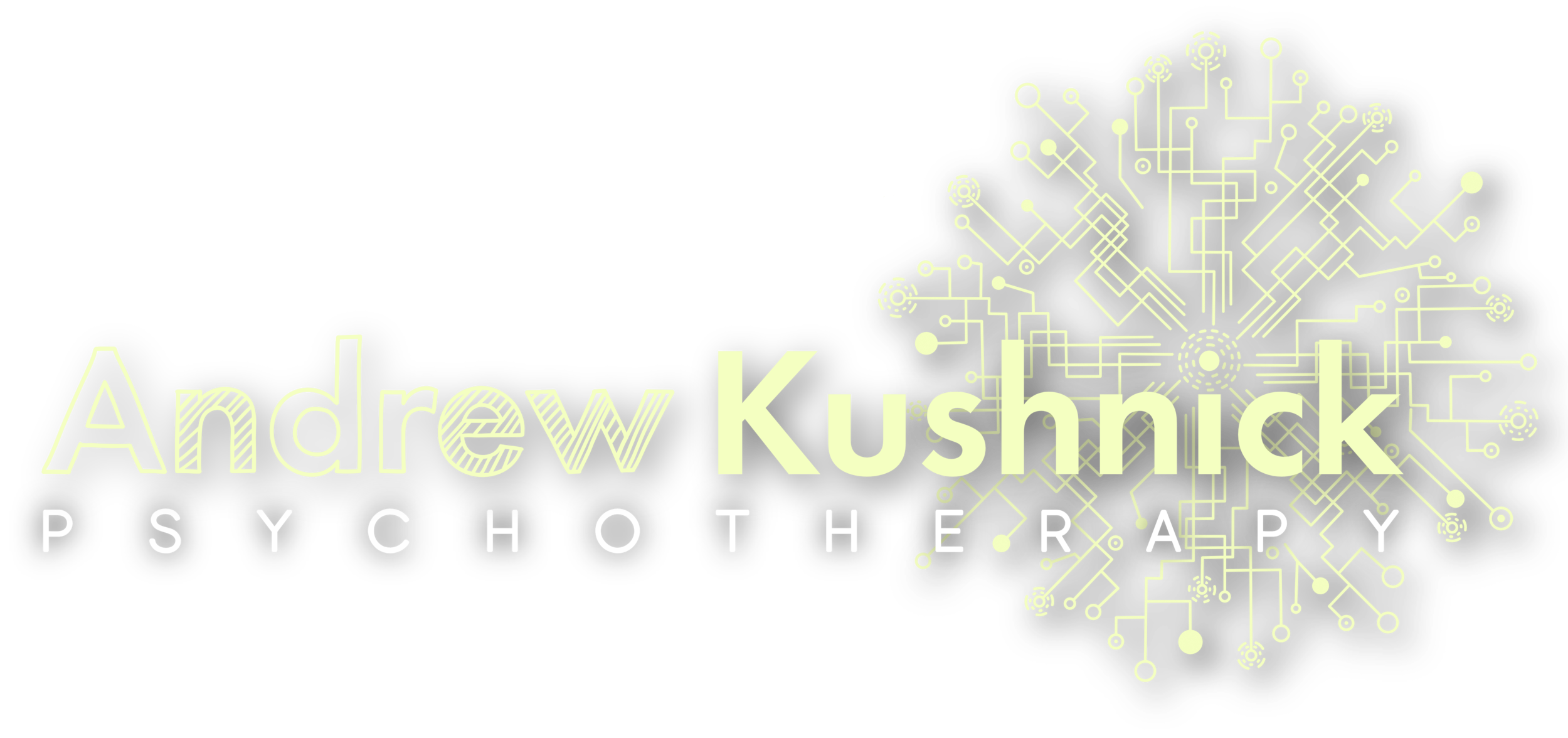Your phone is your new parent.
Look around you right now. Where’s your phone?
If it’s not right in your hand as you read this, you still know exactly where it is, don’t you? Many of us don’t let it out of our sight. We need it nearby. We like to hold onto it. We’ve come to need it.
It brings us light. It holds our attention. It entertains us. It helps us make sense of our world. It helps us feel connected.
Think about a recent time when you felt lonely or bored. Of course your phone was right nearby, right? So what did you do, perhaps without even realizing? You probably reached for it (and probably went to Instagram or Facebook). What about a recent time when you felt kinda grumpy, when you’ve had a bad day or something was upsetting you. What happened then? Again, you probably turned to your phone.
Your phone is your new parent.
As an infant, lying in your crib, you looked up to Mom or Dad, wanting or needing something from them. If you were hungry, you hoped that they’d feed you. If you were happy and smiled, it felt good if mom or dad smiled back. If you were feeling sad and began crying, it brought relief if mom or dad made a sad face. It showed you that they understood and accepted whatever you were feeling. They tried to anticipate your every need. As a result, you learned to rely on them for soothing, for support.
Early on, your biological urge was to be nursed, so you reached for your bottle, or for your pacifier… each of these provided comfort. At some point, your teddy bear provided a different type of comfort. You used it as a “transitional object.” You squeezed it, you held it… and through the feeling of touch, somehow this helped you feel loved.
Now, imagine you’re holding your phone and you get that notification that someone texted you, followed you, liked your photo or tweet, etc. It feels good, right? It's someone noticing you. It helps you feel important, as if you matter to that person.
How about the feeling when you post, snap or tweet? You’re in effect showing yourself to the world, right? You’re putting something out there, just like you did as an infant. And what you're revealing may seem messy. It may be imperfect. It's you in all of your beautiful vulnerability. This can feel very risky. You might wonder, “How is this going to be received?” You’re in effect looking to the world to tell you that you’re good enough, that whatever is happening with you is okay.
If we’re being honest with ourselves, many of us will admit that we’re sort of addicted to our phones. The reason is clear: we’ve learned that it help us to feel better. And it’s always there, always right with us. Over time, we learn that when we’re feeling blah, there’s always something that we can reach for.
Is there a downside to this? Well, when it comes to our need to be soothed, we may be training ourselves to rely on something outside of ourselves. What happens when that external object is not available? When you only have one bar of service? When the likes don’t come in fast enough?
The key is to look within. This doesn’t require ditching your phone altogether, disconnecting yourself from others, depriving yourself of valuable connections. Instead, you can reduce your reliance on “something else” by being there for yourself. You’re capable of bringing relief… on demand, every time.
Relief comes in the form of emotional nurturance. Here’s how to do it:
➞ Label it. See if you can identify what you’re feeling. Ask yourself what it might be. If the answer isn’t clear, take stock of anything you can sense in your body. Is it “blah”? Is there a heaviness? Any tightness or tension? These can point you in the direction of the feeling. Name it, as best you can. You might say to yourself, “I’m feeling kinda irritable right now.” Or "This is sadness."
➞ Own it. The loneliness is real. The anxiety is real. The down feeling is real. Whatever it is, it’s okay. It happens. It's part of being human. Try to keep yourself from disowning it. Life can feel a lot easier if you’re not fighting against what you’re feeling.
➞ Soothe it (if necessary). You have what it takes to help yourself feel better. This might come in the form of self-talk. You might want to access your inner Stuart Smalley, that inner voice that can get you through a rough time, calm yourself down, psyche yourself up. Think of it as self-compassion. Think of what you’d tell a close friend who’s struggling with something, and tell that to yourself.
➞ Strengthen your core. I'm not talking about ab muscles here. I'm talking about your core self... what makes you... you. You have unique set of qualities that will always be with you. They'll always exist, regardless of whether someone else happens to notice them. Remind yourself of your core strength that has gotten you this far. It's akin to giving yourself a "like."
Letting go of a crutch can be scary. But with a little practice, you can gradually reduce your reliance on this electronic parent. Rather than reaching for it, you'll be reaching within, creating resilience and strength for the long run.

